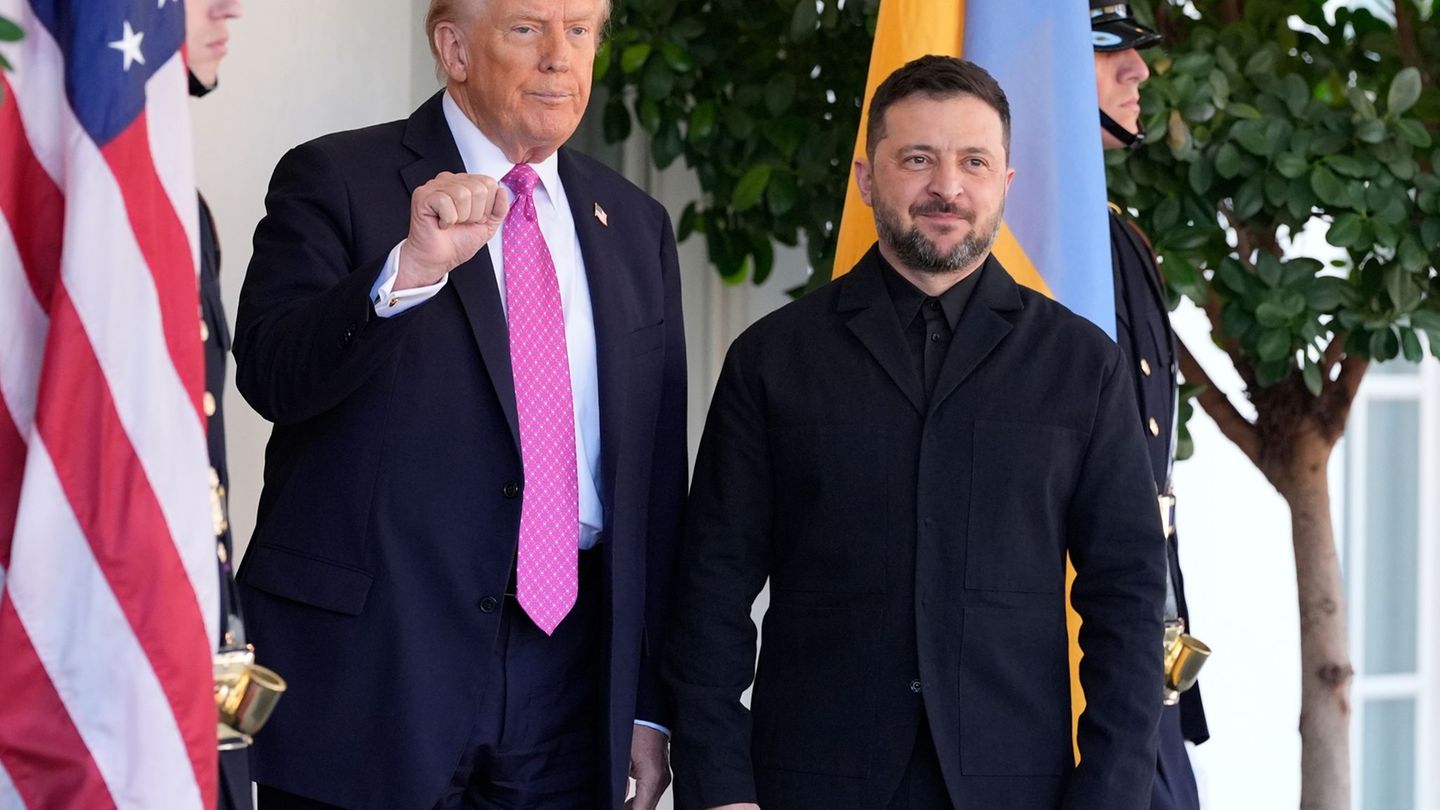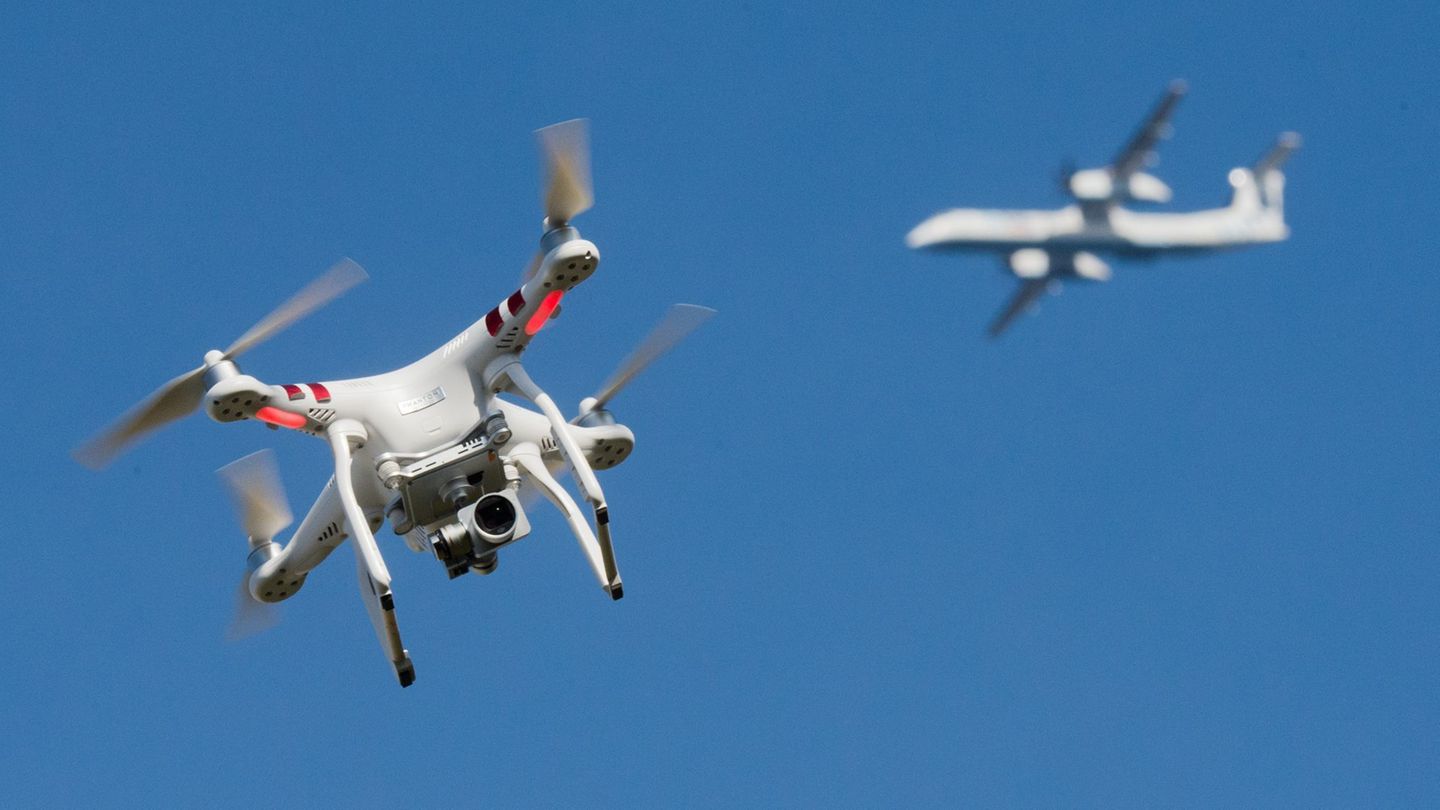The International Energy Agency, founded during the oil crisis, was long concerned with industrialized countries’ access to fossil energy. The goal now is the energy transition. Is the IEA too optimistic?
The International Energy Agency (IEA) has been discussing energy security and climate goals at its ministerial meeting since Tuesday. In addition to ministers from the 31 IEA states and other countries, leaders from industry, finance and civil society are taking part in the two-day deliberations in Paris. Key topics include the risks to energy security related to Russia’s war of aggression against Ukraine, geopolitical tensions in the Middle East and the implementation of the results of the COP28 climate conference.
At the start of the meeting, IEA Director Fatih Birol called for joint efforts by the international community to ensure a reliable energy supply and climate protection. “Energy security and climate protection are intertwined and the assumption that you can focus on either is an old-fashioned view,” said Birol. “Governments must work together to address major common challenges because an uncoordinated individual approach by individual countries will be insufficient.” It must also be ensured that the energy transition is designed for and with the population.
The IEA is an interest group that advises industrialized countries on energy issues and is celebrating its 50th anniversary at the Paris meeting. The Energy Agency was founded in the wake of the global oil crisis of 1973/1974 with the intention of being able to take coordinated measures to secure oil supplies in the event of renewed crises.
Fifty years after the founding of the IEA, the ministerial meeting will also discuss how the global energy system has changed and how energy and climate challenges can be addressed.
Source: Stern




